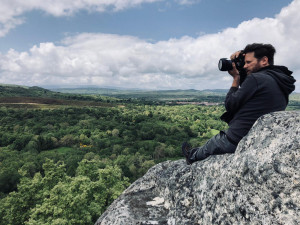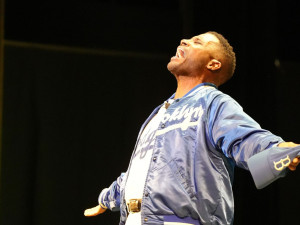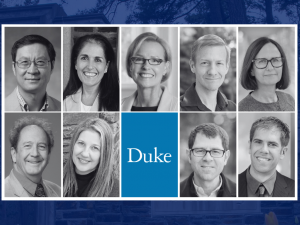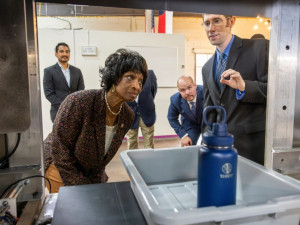
Gender, Politics and the Magic of Media, All in a Single Classroom
An election year brings the return of a distinctive course merging media-making with the study of women in politics. In GSF 225S, Women and the Political Process, students get a hands-on approach to understanding how gender and politics interact, all while equipping them with skills in media production.
Taught by Lauren Henschel and Rachel Gelfand, both instructors of Gender, Sexuality & Feminist Studies, and offered every two years, the course is especially relevant during election cycles, when students engage with current political themes tailored to the local and national climate.
Gelfand, whose background is in history and theory, provides a rigorous examination of women’s role in politics through an academic lens. She introduces students to historical texts, documentary films, and contemporary thought in political theory and public policy. This combination of history and modern-day political issues helps students better understand the evolution of women in political leadership, as well as the challenges these women currently face.
Gelfand emphasizes that the course is about more than just national politics; it encourages students to pay close attention to local issues and grassroots movements. Throughout the semester, students engage directly with advocates and professionals in the field, which fosters a sense of civic responsibility among them.
"We take an expansive approach to gender and civic engagement," Gelfand explains. By going beyond the traditional classroom experience, the class aims to create informed, critically thinking media consumers.
Key to this goal is the course’s emphasis on media creation. Students are trained in video editing, narrative building and documentary filmmaking, making the class both a deep dive into politics and a creative workshop.
Henschel, who leads the media side of the curriculum, introduces students to industry-standard tools and guides them through the process of constructing their own documentary projects. By the end of the semester, students will have created a collaborative media project that reflects their understanding of the political landscape, with a focus on local issues.
“The short documentaries that the students have created collaboratively throughout this course have already made an impact on the current election,” said Henschel, who is teaching the course for the third time. “These films assist first time voters in making informed voting plans by breaking down what’s on the ballot.”
By weaving together media production with political theory, students leave the course with an understanding of how media shapes political perceptions, and how women’s politics continue to intersect with political life. As they explore these intersections, the students gain the tools to not only analyze but also participate in shaping the political narratives around them.



